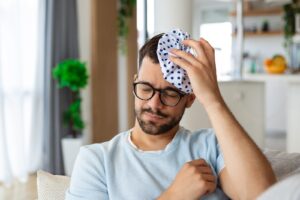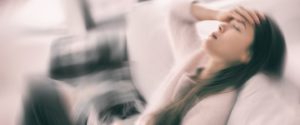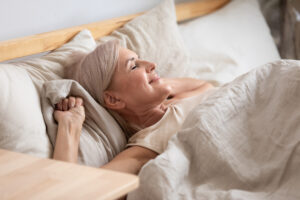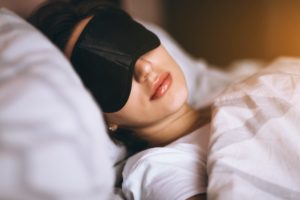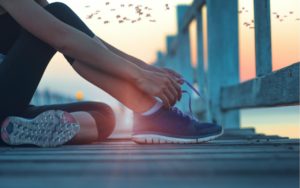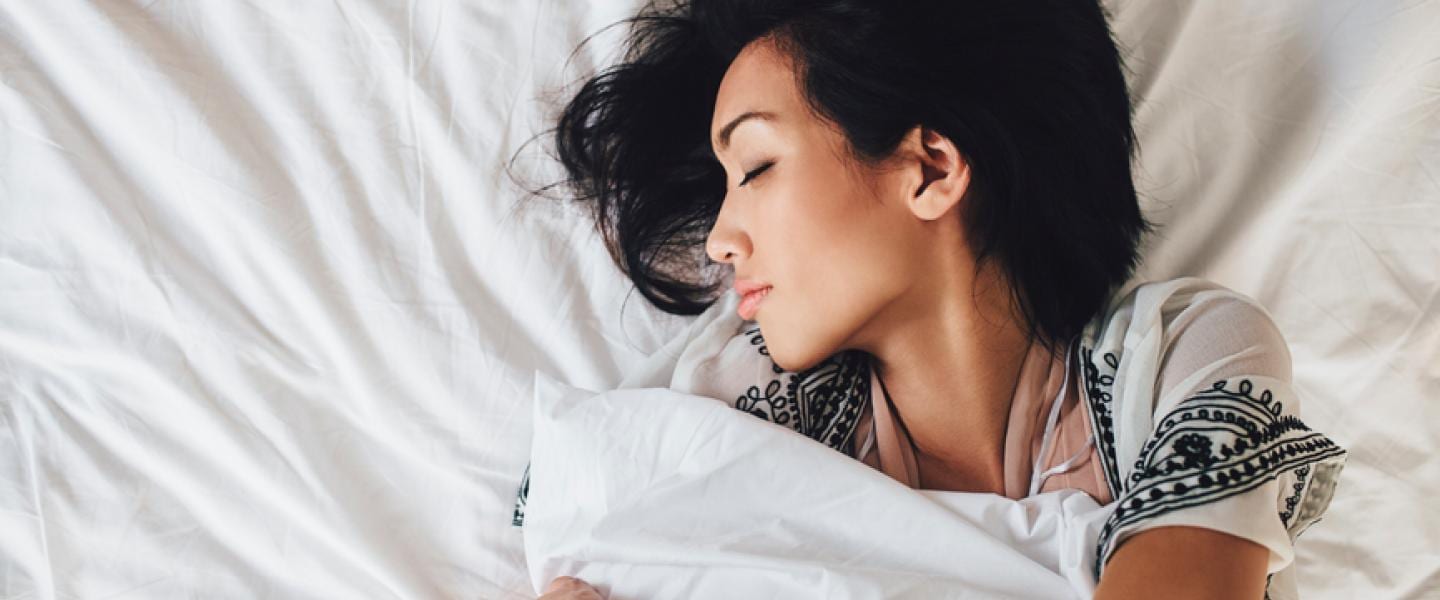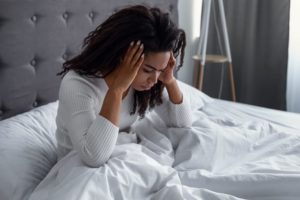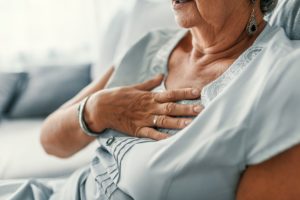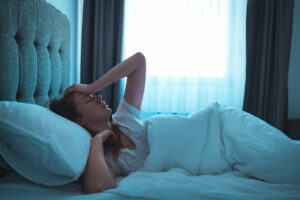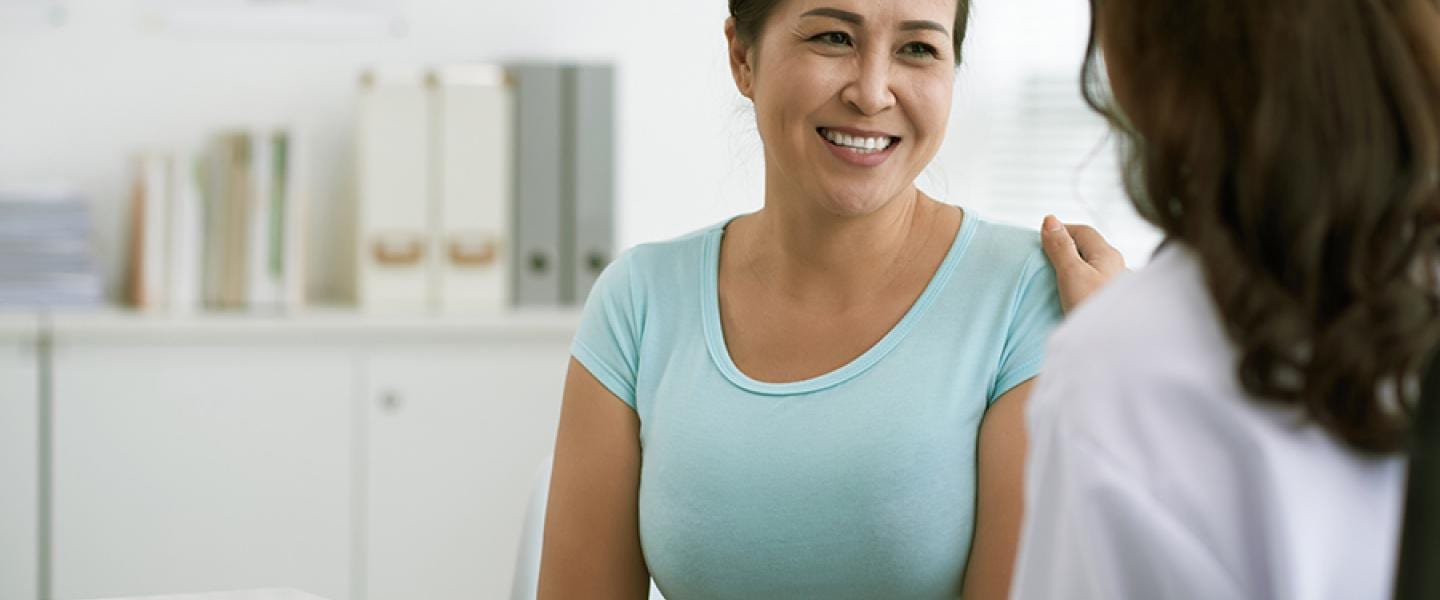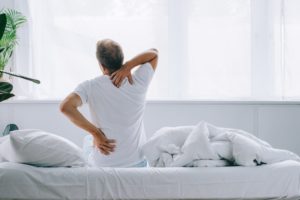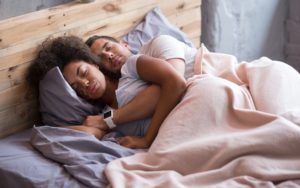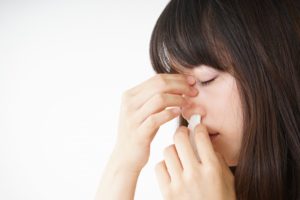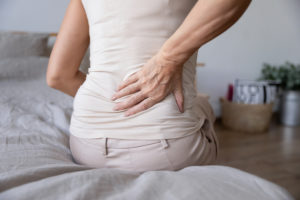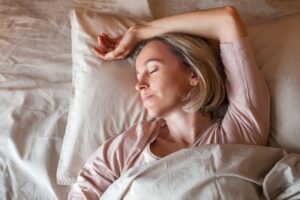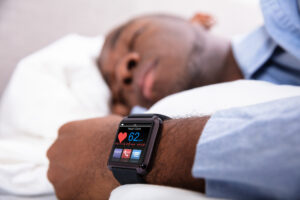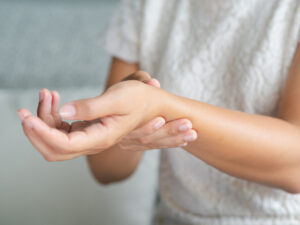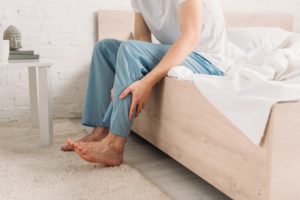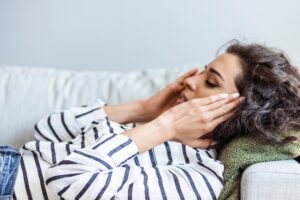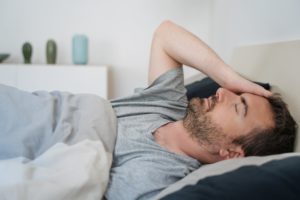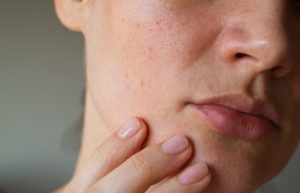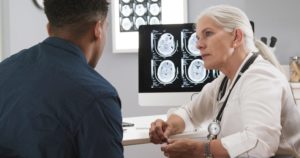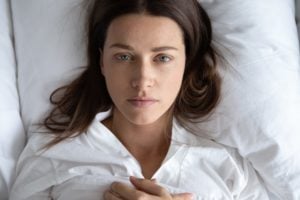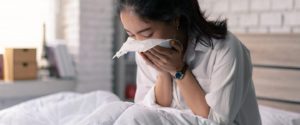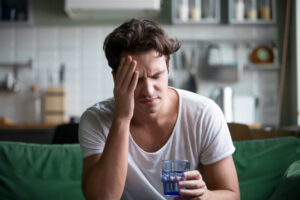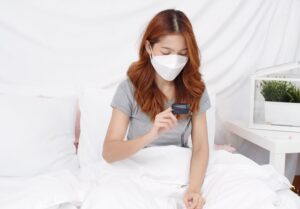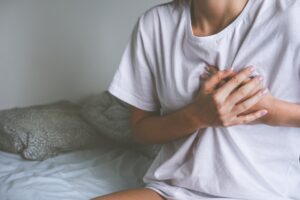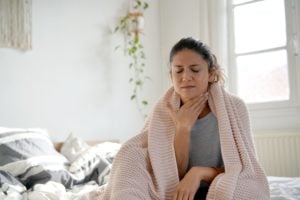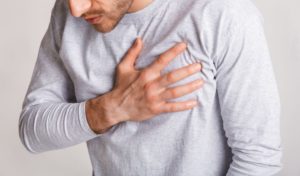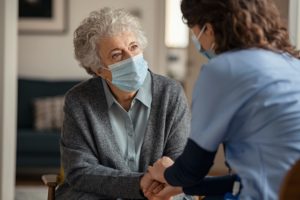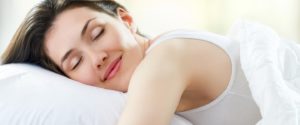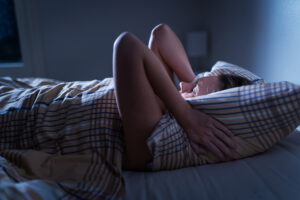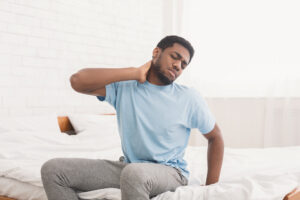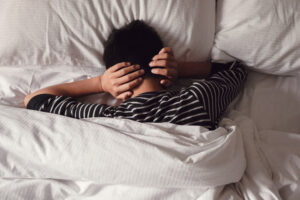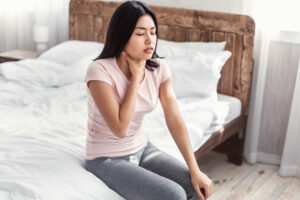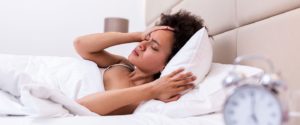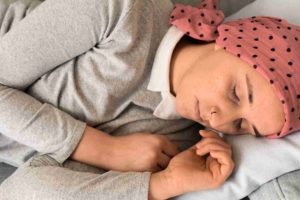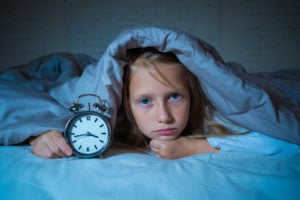Nocturia: Causes and Treatments for Frequent Urination
- Nocturia refers to getting out of bed at night with a need to urinate.
- Nocturia is not a disease but may be a symptom of other conditions.
- Sleep disorders, reduced bladder capacity, and excess urine production can cause nocturia.
- If you typically go to the bathroom two or more times a night, discuss your symptoms with your health provider.
Millions of Americans are affected by a frequent need to urinate during the night. This is known as nocturia, and it is often cited as a cause of sleep disruptions. Though often thought of as a problem in older adults, it can impact people of all ages.
Frequent trips to the bathroom can cause fragmented sleep, excessive daytime sleepiness, and an elevated risk of dangerous falls. Luckily, steps can be taken to reduce bathroom trips and improve sleep. Understanding the basics about frequent nighttime urination, including its causes, consequences, and treatments, can be a first step for people of any age to sleep better and with less bothersome nocturia.
Could Your Nocturia Be a Result of Another Issue?
Nocturia is commonly a result of other underlying issues such as sleep apnea. Answer three questions to understand if you should be concerned.
What Is Nocturia?
Nocturia describes needing to wake up at night in order to urinate. It is a symptom of other conditions, not a disease itself.
According to technical definitions, a person has nocturia if they get out of bed to urinate one or more times per night . By this standard, nocturia is widespread, affecting around 40% of adults ages 18 to 79 . While many people may not find one awakening to be problematic, nocturia tends to be more bothersome when a person awakens two or more times a night.
Nocturia can affect younger people, but it becomes more common with age , especially in older men and people assigned male at birth. It is estimated that nearly 50% of men in their seventies have to wake up at least twice per night to urinate. Overall, nocturia may affect up to 80% of older adults .
Nocturia frequently occurs during pregnancy but usually goes away within three months after giving birth. Nocturia is not the same thing as bedwetting, which is also known as nocturnal enuresis. Unlike nocturia, which involves waking up and recognizing the need to urinate, bedwetting typically occurs involuntarily and without the sensation of having a full bladder.
Causes of Nocturia
The main causes of nocturia include producing excess urine at night, decreased bladder capacity, and sleep disruptions. Each of these issues can be caused by a variety of underlying health conditions.
Producing Excess Urine at Night
Producing excess urine at night, known as nocturnal polyuria, may be the most common cause of nocturia. It is estimated to be a contributing cause for up to 88% of cases.
For some people, excess urine production occurs throughout the day and night. This condition, called global polyuria, is most often tied to excess fluid intake, diabetes, and poor kidney function . Diuretics, including certain medications and substances like alcohol and caffeine, can cause enhanced urine production as well.
Elevated amounts of urine production that occurs only at night can happen when fluid intake goes up at night. It can also occur when peripheral edema — swelling or fluid accumulation in the legs — relocates after a person moves into a lying position . Coexisting medical problems can contribute to peripheral edema and raise the risk of nocturnal polyuria.
Some research indicates that changes to the body’s circadian rhythm cause older adults to have a greater proportion of their daily urine production occur at night, which may be a contributing factor to their higher rates of nocturia.

Decreased Bladder Capacity and Increased Urinary Frequency
Even without increased nighttime urine production, reduced bladder capacity and increased urinary frequency can give rise to nocturia.
Urinary tract infections (UTIs) can cause a person to feel that they need to urinate frequently . These infections can occur among people who have an overactive bladder or an enlarged prostate, also known as benign prostatic hyperplasia (BPH) .
A heightened urge to urinate, inflammation of the urinary tract, and bladder stones can all be risk factors for diminished bladder capacity and increased urinary frequency that can lead to nocturia. Some people experience increased urinary frequency and urgency throughout the day while others find them to occur primarily at night.
Sleep Disruptions
Though we tend to focus on nighttime urination as disrupting sleep, there is compelling evidence that sleep problems are also a major factor in provoking cases of nocturia.
One of the clearest examples is obstructive sleep apnea (OSA), which causes repeated pauses in breathing during the night. OSA repeatedly reduces airflow and oxygen levels during sleep and influences hormones in a way that increases urine production. On top of that, people with OSA have frequent sleep interruptions, so they are more likely to notice the need to urinate. Nocturia occurs in around 50% of people with OSA.
Beyond OSA, there is debate among experts about whether nocturia causes sleep disturbances or the other way around. It is more likely that sleep problems, including insomnia, are the root cause if a person struggles to get back to sleep after going to the bathroom.
Research in older adults indicates that lighter sleep may increase susceptibility to nocturia. Older people spend less time in deep sleep stages, which means they are more easily awoken. Older adults have been found to produce more of their daily urine at night. This demonstrates how multiple factors can work simultaneously to cause frequent nighttime urination.
Nocturia Symptoms and Diagnosis
If you find that you are going to the bathroom two or more times each night, it is important to discuss your symptoms with your health care provider. Though nocturia is not a disease, it can have significant health consequences. It may be connected to serious underlying problems, and nighttime bathroom trips can both disrupt sleep and create additional health concerns.
Your doctor can address any underlying issues and help develop a treatment plan.
Preparing for Your Doctor Visit
To better understand your symptoms, your doctor will likely ask questions about your medical history and complete a physical examination.
To prepare for your doctor visit, it may help to keep a log of symptoms and other details, including:
- How many bathroom trips you make per night
- How difficult it is to fall back asleep after each trip
- How much liquid you consume throughout the day and in the evening
- What kinds of meals you eat and how much sodium you consume
- Any current medications you are taking
Following your visit, your doctor may recommend additional lab tests or bloodwork to identify potential causes of your nocturia.
Tips to Manage Nocturia for Better Sleep
Treating nocturia focuses on addressing any underlying medical conditions or habits that could be contributing to nighttime symptoms. Because it can have significant health consequences and connections to other illnesses, it is important to talk to your doctor about how to manage nocturia. A doctor can help identify the most likely cause and appropriate therapy.
Medical Treatments for Nocturia
When an underlying condition is causing nocturia, treating that condition may reduce nighttime trips to the bathroom. Many patients with nocturia are treated with medications or have adjustments to their existing medications.
Lifestyle Changes
A number of lifestyle changes can help reduce problematic nocturia. These changes are designed to reduce nocturnal urine production and include:
- Reducing evening fluid intake, especially before bed
- Decreasing consumption of alcohol and caffeine, especially in the afternoon and evening
- Elevating the legs an hour or more before bed in order to reduce the resorption and conversion of peripheral edema to urine during sleep
Working with a doctor and making lifestyle changes can reduce the number of bathroom trips you take each night, but they may not eliminate them completely. For that reason, it is important to take steps to make those trips as safe as possible, especially for older people.
Motion-activated, low-wattage lighting can make it easier to walk safely to and from the bathroom. The path should be cleared of common trip hazards like cords or rugs. People with mobility issues or who have high urgency to urinate upon awakening may find that a bedside urinal or commode improves safety and reduces sleep disruption.
Sleep Hygiene
Focusing on sleep hygiene, which includes your bedroom environment and sleep habits, can reduce awakenings during which you notice a need to go to the bathroom. Examples of healthy sleep habits include:
- Keeping a consistent sleep schedule, including waking up at the same time on weekdays and weekends
- Having a steady routine that gets you ready for bed each night
- Learning relaxation techniques that can put your mind at ease when you go to bed and when you want to fall back asleep after going to the bathroom
- Getting daily exercise that can help you have deeper sleep
- Setting up your bed with the best mattress, pillows, and bedding to promote comfort
- Customizing your bedroom to have a minimal light and noise, a cool temperature, and a pleasant smell
- Limiting the use of electronic devices, including smartphones, which can activate the brain and reduce the production of the sleep-promoting hormone melatonin

Still have questions? Ask our community!
Join our Sleep Care Community — a trusted hub of sleep health professionals, product specialists, and people just like you. Whether you need expert sleep advice for your insomnia or you’re searching for the perfect mattress, we’ve got you covered. Get personalized guidance from the experts who know sleep best.
References
10 Sources
-
van Kerrebroeck, P., Abrams, P., Chaikin, D., Donovan, J., Fonda, D., Jackson, S., Jennum, P., Johnson, T., Lose, G., Mattiasson, A., Robertson, G., Weiss, J., & Standardisation Sub-committee of the International Continence Society (2002). The standardisation of terminology in nocturia: report from the Standardisation Sub-committee of the International Continence Society. Neurourology and urodynamics, 21(2), 179–183.
https://onlinelibrary.wiley.com/doi/abs/10.1002/nau.10053 -
Tikkinen, K. A., Tammela, T. L., Huhtala, H., & Auvinen, A. (2006). Is nocturia equally common among men and women? A population based study in Finland. The Journal of Urology, 175(2), 596–600.
https://pubmed.ncbi.nlm.nih.gov/16407003/ -
Johnson, T.M. III (2022, September 20). Nocturia: Clinical presentation, evaluation, and management in adults. In M.P. O’Leary (Ed.). UpToDate.
https://www.uptodate.com/contents/nocturia-clinical-presentation-evaluation-and-management-in-adults -
Duffy, J. F., Scheuermaier, K., & Loughlin, K. R. (2016). Age-related sleep disruption and reduction in the circadian rhythm of urine output: Contribution to nocturia? Current Aging Science, 9(1), 34–43.
https://pubmed.ncbi.nlm.nih.gov/26632430/ -
MedlinePlus: National Library of Medicine (US). (2020, November 18). Kidney diseases.
https://medlineplus.gov/kidneydiseases.html -
Maddukuri, G. (2022, December). Excessive or frequent urination. Merck Manual Consumer Version.
https://www.merckmanuals.com/home/kidney-and-urinary-tract-disorders/symptoms-of-kidney-and-urinary-tract-disorders/urination-excessive-or-frequent -
Torimoto, K., Hirayama, A., Samma, S., Yoshida, K., Fujimoto, K., & Hirao, Y. (2009). The relationship between nocturnal polyuria and the distribution of body fluid: assessment by bioelectric impedance analysis. The Journal of urology, 181(1), 219–224.
https://pubmed.ncbi.nlm.nih.gov/19013595/ -
A.D.A.M. Medical Encyclopedia. (2020, August 13). Urinary tract infection – Adults. MedlinePlus.
https://medlineplus.gov/ency/article/000521.htm -
National Institute of Diabetes and Digestive and Kidney Diseases. (2014, September). Prostate enlargement (benign prostatic hyperplasia).
https://www.niddk.nih.gov/health-information/urologic-diseases/prostate-problems/prostate-enlargement-benign-prostatic-hyperplasia -
A.D.A.M. Medical Encyclopedia. (2022, April 10). Bladder stones. MedlinePlus.
https://medlineplus.gov/ency/article/001275.htm


